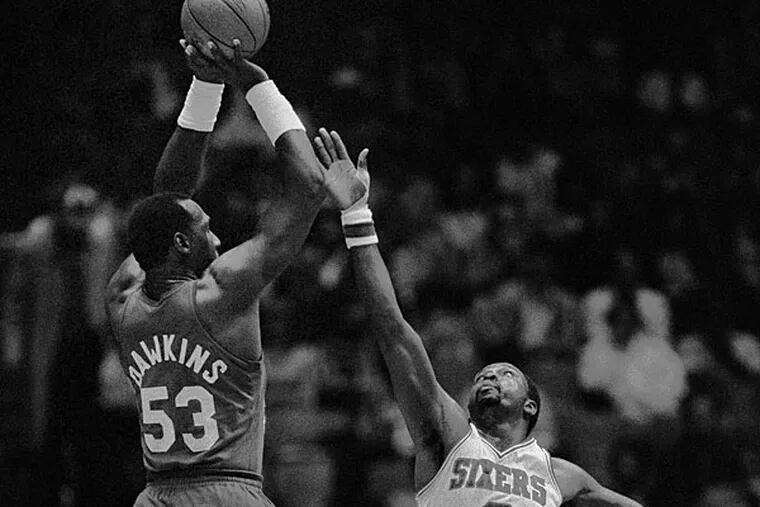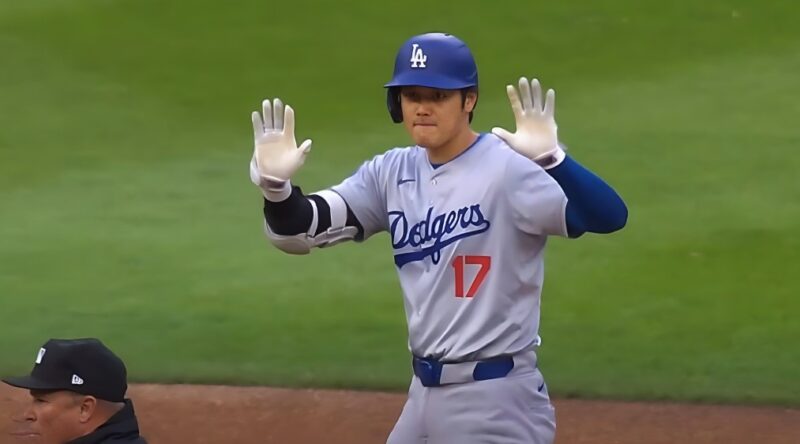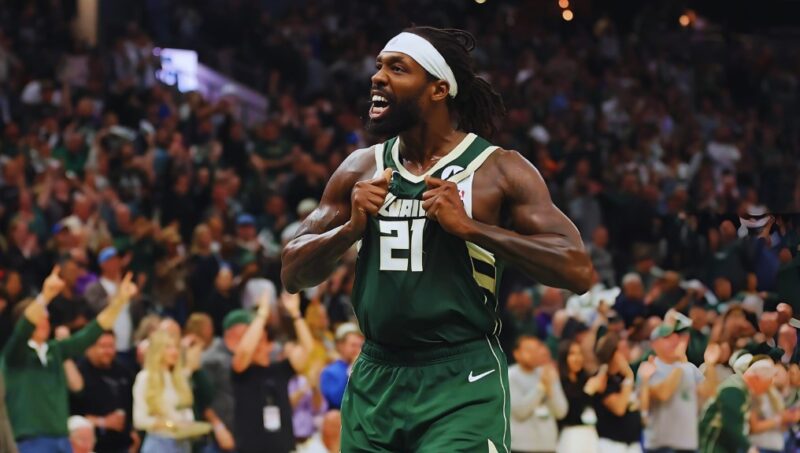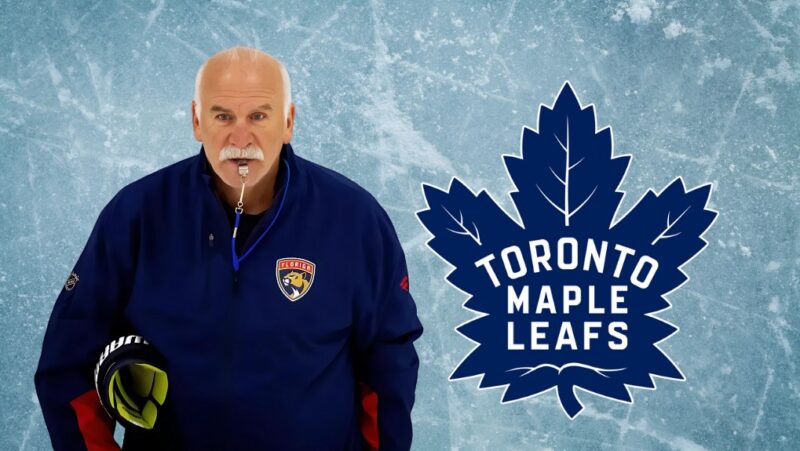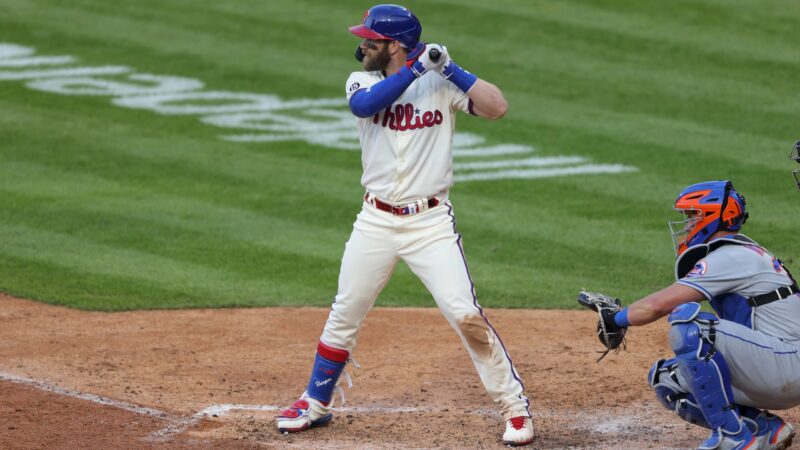.jpg)
So, we’ve spammed it a lot, which means you probably know that the second issue of The Classical Magazine is out. This piece, from our dude Patrick Sauer, about the legendary “Fo’ Fo’ Fo'” Philadelphia 76ers NBA championship team, is from that issue. To get the app, and get the issue, go here. To read this piece, just keep reading.
Thirty years ago this spring, a man of few words spoke.
He didn’t say much, and what he said were not quite words, at least as typically understood within the rigid confines of the English language. But the man—high school educated, Virginia-born, an exceedingly gifted giant—spoke from his heart, and said all that needed to be said, in a clipped vocalic epizeuxis with all the power, force and simplicity that a string of fancy-pants words could never pack. Someone asked Moses Malone for his prediction on how his Philadelphia 76ers would do in the NBA Playoffs, and he said “Fo’, Fo’, Fo.” As it turned out, he was right.
***
From 1980-88, the Los Angeles Lakers or the Boston Celtics won every NBA title. Save for one, the 1983 Philadelphia 76ers.
“We had everything you want on that team. We all played to get the right guys the open shots. If you have to give something up yourself, do it,” says Bobby “Secretary of Defense” Jones, a 76er from 1978-86 and that season’s Sixth Man of the Year. “It started with Moses Malone, the MVP of the league, at center.”
In the late ’70s and early ’80s, the Sixers were the proverbial third bridesmaid, losing in the Finals three times, to the TrailBlazers in ‘77, and taking 4-2 defeats at the hands of the Lakers in ’80 and ’82. The Sixers were led by the incomparable Julius “The Doctor” Errrrrrrrrrrrrrrrrrrrrrving, who was what he was, and arguably even more amazing than you’ve heard. But ’82-83 would be his twelfth professional season, and Dr. J. was no longer quite the airborne ABA “score at will” acrobat he had been, and not yet the crafty groundbound veteran he would become. His Sixers were good, borderline great, but they weren’t the Lakers, a juggernaut with three Hall of Famers in the starting lineup and led by an all-world illusionist—his name was Magic, for chrissakes—who, as a rookie in 1980, had filled in at center for Kareem and thrown up a 42/15/7 to win it all on the Sixers court. It was brilliant, Showtime at its showiest, but also enough to leave Sixers fans longing to wipe the Showtime-eating smile off Magic’s face. To do that, something drastic would have to happen.
On September 15, the 76ers traded for Moses Malone.
***
“I was in shock when I found out we got Moses,” says Earl “The Twirl” Cureton, a Sixer from 1980-83. “I called up Andrew Toney and said, ‘It’s over. Ain’t nobody going to beat us now.’”
Cureton wasn’t far off. From tip-off of the first game, Moses let it be known that this Sixers team was playing at another level. “Moses was a perfect fit. He came in with open arms and said, ‘This is Doc’s team’” says Cureton. “He made it clear he was the final piece, that he was there to help Doc win a championship.”
Behind closed doors, Malone may have been deferential, but this was not the Doctor’s team. Not any more. There wasn’t a Wade/LeBron-ish year in which top dog status was awkwardly sussed out in bro-hugs and overdone deference. Malone grabbed the role with both hands as if it was an offensive board and led to the team to—yes, it’s obvious given his name, and hell yes, I’m going there—the Promised Land. In deeds, if not so many words, regardless of where one stands on “fo'” being a unit of language.
“He was the hardest-working guy I ever saw in practice, constantly hustling,” says Jones. “Even when he was injured, he would ride a stationary bike so hard they’d put towels down on the floor to keep his sweat off the court.”
The Sixers were no longer the close-but-no-Auerbach-cigar squad of recent years. Behind the nightly combo of Malone’s 25/15 and Erving’s 21/7/4, the Sixers throttled the NBA. Sports Illustrated gave them a cover proclamation of “The Sixers Are Going for Seventy,” a win total that no team had ever reached.
“We probably could have reached the 70-win plateau if Coach [Billy] Cunningham kept his foot on the gas, but he knew the most important thing was preparing for the playoffs,” says Cureton, currently an assistant coach for the WNBA’s Phoenix Mercury. Echoes of second fiddle disappointment still resounded loudly in the Spectrum, for better or worse; once the Sixers clinched what was then a first-round bye, the starters rested, the season culminated in a 65-17 record, and the team took to regrouping at a mini-camp in Lancaster, Pennsylvania.
It was a low-key affair, which gave Philly’s typewriter-ribbon stained reporters ample time to ask Moses Malone about his sore knees. And hey, Mo, since time permits, why not give us your playoff prediction. “Fo’, Fo’, Fo,’” he told them. So there it was.
***
Malone’s prediction, translated, was a call for the sweep of all sweeps: a prediction that the Sixers would not lose a single playoff game en route to a championship, and during the NBA’s ballyhooed Golden Era, no less. Moses wasn’t known as an arrogant sort, more of the type to shoot it to you straight, so his repeated not-quite-a-word was bond, almost as tight as the 76ers themselves.
.jpg)
“I think it rallied the Sixers. They totally got behind it because they thought they were that good. That was their personae,” says longtime Sports Illustrated NBA writer Jack McCallum. There was no fear of Mo’s exhortation becoming the dreaded—really kind of ridiculous when you think about it—“bulletin board material” for the likes of Ed Sherod, Truck Robinson, and Paul Westphal.
The team was well aware that it was their time for a chip, in large part because they had the best player in the world and his large posterior dominating the paint. Also, not-unhelpfully, Julius Erving was still running his clinic.
“Moses didn’t care if his shot got blocked, he probably preferred it, so he could get an offensive rebound, get fouled, and score the basket. He had touch and strength, which you didn’t see back then with guys his size,” says Jones, who now coaches middle school basketball at Carmel Christian School in Charlotte, North Carolina. “We were the shortest team in the league, but we could score inside and from the wings. And we recognized our biggest strength was defense.”
Teammates swear Moses could be a cutup away from the spotlight, but in public, he wouldn’t say jack. And when he did speak, his low and world-historically guttural small-town Virginia patois didn’t come within 90-feet of the polished camera-ready patter of Dr. J. But Moses’s talk-softly-and-bang-in-the-post-like-a-ton-of-bricks approach epitomized who he was. What’s an ongoing case of marble mouth between friends and enemies?
“The characterizations of him from then are vaguely racist—that he was a dumb guy who didn’t talk well,” McCallum says. “But he mumbled, was hard to understand, and wasn’t really interested in expressing himself. Moses’s predisposition to be incomprehensible wasn’t something racist. It was just a fact.” McCallum offered an anecdote that shows both Malone’s resolute unpretentiousness and frankly ambivalent relationship with the King’s English:
Someone asked him what he planned to do that summer. He answered something that sounded like SWIMINPOOL.
‘Oh, do you have a pool, Moses?’
‘No,’ he answered. ‘Swim. And play pool.’”
For Sixers folk, though, “Fo’ Fo’ Fo'” was as eloquent as any Shakesperean sonnet. It was, first and foremost, a declaration of greatness the likes of which the league had never witnessed. Really, Moses? The Sixers are going to go undefeated? Through the playoffs? Namath’s “guarantee”’s got nothing on “Fo’, Fo’, Fo’.” Any given Sunday and whatnot. Make it a dozen and call Dr. J in the morning, Broadway Joe.
Beyond being an incredibly ballsy thing to say, “Fo’, Fo’, Fo’” carried a certain childlike quality, in cadence, in sound-it-out-phonics, and in its homophonic symbiosis to the big fella what lived atop a beanstalk. At 6-10, 215lb., Malone was far from the biggest physical presence in the league. But in the spring of 1983, he cast a giant shadow over the NBA, not just willing but eager to go out every night to grind up bones and make his bread. “Fe-fi-fo-fum, I smell the blood of Mag-ic John-son…”
The bitch of it is, the 1983 Philadelphia 76ers damn near pulled it off. They swept the Knicks, lost once to the Milwaukee Bucks, and then broke out the brooms against Kareem, Magic and the hated Lakers, a dogged effort if there ever was one considering the 76ers were down at halftime in all four games. “Fo,’ Fo’, Fo’” wasn’t simply an off-the-cuff remark for the press corps, it was a goddamn prophecy. The Sixers came closer to pulling it off than you probably even know, know, know.
“To this day, Moses says that at the end of Game Four in Milwaukee he was open under the basket and if Andrew Toney had thrown the ball inside it would have been ‘Fo’, Fo’, Fo,’” says Cureton with the laugh of man still enjoying the ride. “They’ve been arguing about this for thirty years.”
***
I was twelve in 1983, which was then and probably remains the perfect age to be a sports fan. That is: old enough to know what’s happening, smart enough to read up on your respective team, dogged enough to pay attention to every box score, and pre-pubescent enough to be focused on sports 24/7 before the sticky changes come and the up-and-under-move takes on a different and more urgent meaning. In other words, 1983 was a fannnnnnnnntastic year, my relatives back in Philadelphia sending newspaper clippings from the Inquirer and the Daily News to my Montana mailbox, along with whatever trinkets they picked up at the Spectrum. Back in the days when a union carpenter and a toll booth collector could afford season tickets, my Aunt Judy and Uncle Jimmy went all the time. I loved every minute of it, albeit from a great distance. Beating the Lakers, in LA? I vividly remember jumping up and down on my couch, even getting peeved at Maurice Cheeks because he dunked the final basket and didn’t give it up to the Doctor. Such is the idolatry and loyalty we have as sixth-graders. All is forgiven, Mr. Cheeks. Bygones and all that.
Unfortunately, three decades hence, as an adult journalist, I feel it’s my duty to do a little muckraking here. If you’re a Sixer-backer you might want to jump ahead to the next section. Or, if for some unknown reason, this story is being read aloud to you, cover your ears, close your eyes, and yell out. It gets real, now.
So, the thing is, there’s a bit more to “Fo’, Fo’, Fo.” In a new Kindle retrospective of the ’83 run, we come to find out that dearly Departed Daily News basketball guy Phil Jasner wrote up the story about the famous turn of phrase—coincidentally written in both daily papers as “Four, Four, Four,” although that’s not the tragic part—and gave Malone a chance to explain what he meant. Moses said that it should not necessarily be read as a prediction. “I ain’t saying we’re gonna sweep everybody in four games, I’m just saying, if we have an idea of winning the championship, the best thing to do is win it as fast as we can—”
All very reasonable, all true, but also: FOFOFOFOFOFOFOFOFOFO—
***
“Fo’, Fi’, Fo’” doesn’t have quite the dramatic ring to it, but a play on Moses’s monosyllabic prognostication is etched in Sixers history. Literally. The 1983 championship rings are engraved with “Fo’ Five Fo’.”
The letter-of-the-law lexicon even had its moment in the upper reaches of the “urban contemporary” charts. “Fo, Fi, Fo” became a national hit for the Philly band Pieces of a Dream; a slice of smooth jazz cheese so gloriously ’80s that it feels like it was recorded in neon:
I was watching the game, just the other day
When Moses Malone said to Dr. J
He said oooh my lucky number is fo-fi-fo, 4-5-4
***
Thirty years later, it’s the original version that abides. This spring, the question was asked, “Can the Heat go Fo’, Fo’, Fo’?” We know now that they couldn’t, but this is the same question that was asked of the Lakers, Celtics, Pistons, Bulls, Lakers again, Spurs. The answer remains the same, for all of them. Nope.
Part of the reason “Fo’, Fo’, Fo’” endures is because the 76ers unraveled after 1983. The following year, they got bounced in the first round, at home, by a New Jersey Nets squad led by Otis Birdsong, Micheal Ray Richardson, and Albert “For the last time I am neither Bernard nor the cat who recorded ‘Born Under A Bad Sign’” King. The collection of Sixers that came within a couple of wayward jump shots of an undefeated playoffs would never reach another NBA Finals. Moses was traded in 1986 for—sorry, I need a minute—a gimpy-footed Jeff Ruland. It was, quickly and profoundly, over.
“I feel like we wasted the next year,” says Jones. “Guys were looking at themselves, their contracts, whatever, and our focus wasn’t there. We didn’t go into the playoffs with the intensity as the championship year. It was just…different.” But he says that as the years pass, the missed opportunities aren’t the important thing. “Going 12-1 in the playoffs, it’s still the highest playoff winning percentage in NBA playoffs history. It was special to be on a team with that much talent.” That’s a .923 winning percentage. In the playoffs.
Maybe the Sixers should have done more; they certainly had the manpower. But, beyond delighting a tween far from Philly, what would have been the point? For one glorious season, the Sixers came, saw and conquered more or less as they said they would. A man named Moses led them—hell yes, I’m doing it again—to the Promised Land. If they had won again in 1984, who knows if those three iconic words would still send fans of that team back into the warm cocoon of nostalgia, complete with short-shorts, painters’ caps and Starter jackets, every time it’s mentioned. Nobody remembers a two-hit wonder.
“It’s original. With Mo it wasn’t ‘Four,’ it was ‘Fo’. it rang out,” Cureton says. “Fans of Philadelphia will never forget that phrase.” A championship is a championship, but only a very rare few are fo’ever.

